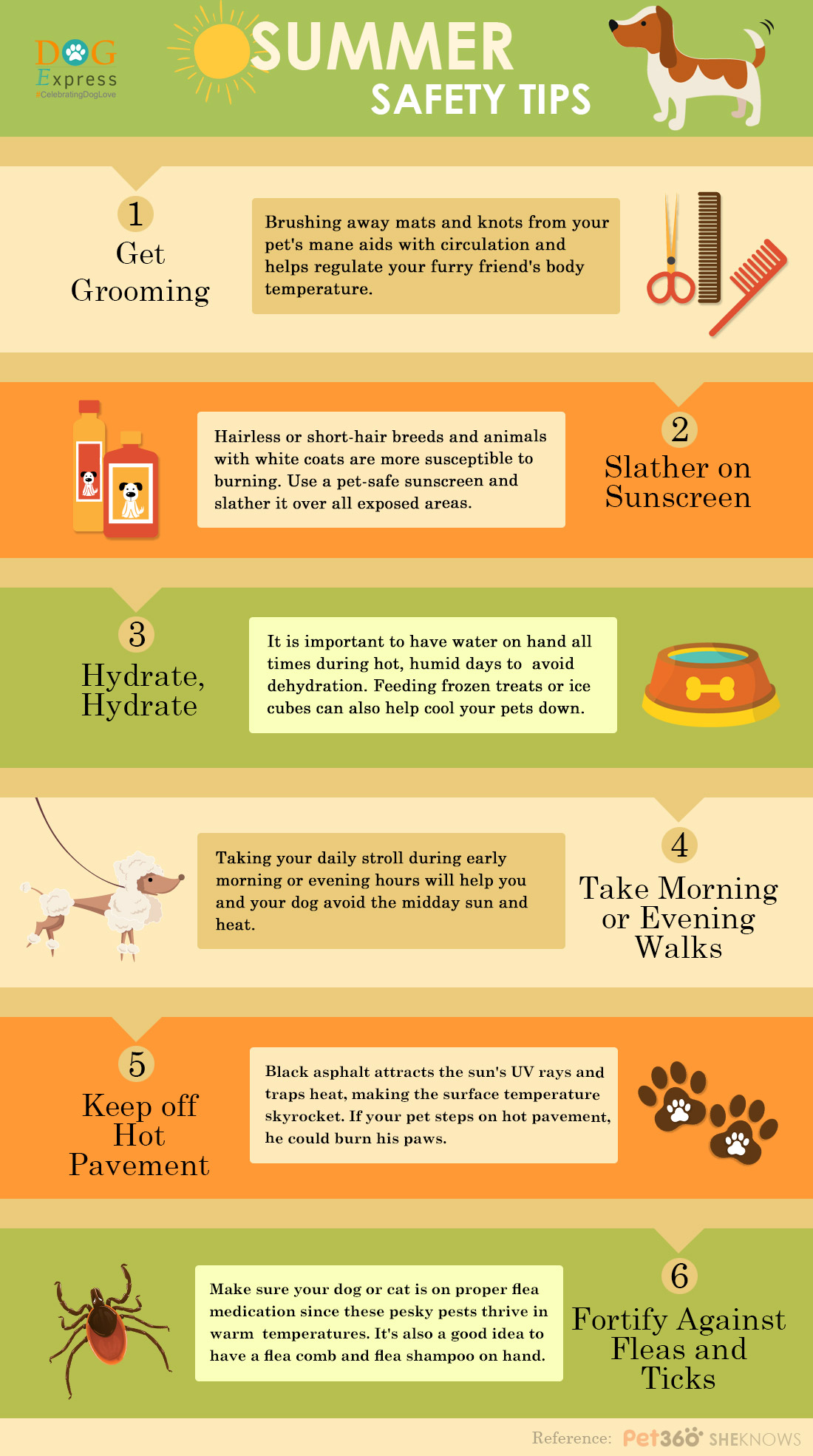Dog Daycare Observation Tips
Dog Daycare Observation Tips
Blog Article
Can Canine Childcare Reason Health Problem?
Dogs in childcare get lots of exercise, socializing with various other canines and distinct experiences. This can be particularly handy for pups and canines with behavioral issues.
There are numerous lawful considerations you need to take into consideration when beginning a doggy day care service. These consist of the framework of your business and compliance with federal government laws.
1. Canine Distemper
Canine distemper is spread through direct contact with the bodily fluids and waste of an infected pet dog, however it can additionally be sent through shared water and food bowls or with air-borne beads. This very contagious illness is most harmful for young puppies, however it can affect pet dogs of any kind of age and is fatal for most if left unattended.
Initial symptoms of canine distemper frequently imitate a cold, including drippy eyes and nose with watery or pus-like discharge. As the illness advances, a pet dog will certainly create high temperature, coughing, lowered cravings, vomiting and diarrhea. The virus can also assault the nerve system, leading to seizures, jerking and partial or total paralysis.
Credible childcares lower direct exposure to infection by calling for inoculations, regular health examinations and adhere to rigorous health procedures. If your dog appears extremely weary or hopping, a day off might assist him recuperate, however you ought to prevent taking him back to daycare until these symptoms clear up.
2. Kennel Cough
Kennel coughing, additionally called contagious canine tracheobronchitis or Bordetella, is an extremely infectious viral or bacterial disease that affects the respiratory system. It's commonly transferred through the exchange of saliva or air beads that an unwell pet breathes out. Social pet dogs go to greater danger for infection due to their regular interaction with one another, such as when they play, share food or water, smell each other or just fulfill in a congested atmosphere like a canine park or day care.
The most common signs and symptom of kennel coughing is a consistent and forceful cough that seems like something embeded the throat or retching. Commonly, pet dogs will cough up foamy white phlegm. If left unattended, a pet dog can establish pneumonia and go to major danger for life.
A respectable day care facility must have stringent cleaning and sanitation protocols, disinfect all playthings, food and water bowls frequently, and be open dog daycares near me regarding their vaccination plans. Maintaining your canine up to day on their inoculations, particularly for bordetella and canine influenza, will considerably decrease their chances of getting the health problem.
3. Parvovirus
Canine parvovirus, or parvo, is an extremely contagious viral ailment that can be dangerous for young puppies and young person pet dogs with poor body immune systems. It's most frequently spread by straight contact with polluted dog feces-- which can take place when canines sniff, lick, or preference infected feces-- and indirectly from contaminated individuals, objects, or settings (like kennels, grooming rooms and yards). Puppies and pets without total vaccination backgrounds are especially at risk to parvo.
The virus is extremely durable, surviving in the setting for up to 9 years, and can quickly be moved between pets by get in touch with through feces or on footwear, clothing, and bed linens contaminated with parvovirus. Otherwise treated quickly with IV fluids, electrolyte equilibrium, vomiting control drugs and prescription antibiotics to stop additional microbial infections, a pet dog will rapidly dehydrate and create serious looseness of the bowels, which causes shock and sepsis. Parvo is tough to cure as soon as a dog has become ill, but with proper vet care, several puppies do endure this illness.
4. Dog Influenza
Dog flu virus is very contagious and spreads via direct get in touch with, sharing food and water bowls, licking or nuzzling various other canines, via airborne droplets, and via contaminated surface areas. Vaccination is effective in lowering the risk of infection and break outs.
Most impacted pets develop a light respiratory infection with a cough that lasts 1-3 weeks. They might also have nasal and ocular discharge, sneezing, and sleepiness. Some of the most serious situations cause pneumonia and a high fever.
If your dog displays any one of these symptoms, do not bring them back to day care till they are healthy. If your pet dog is revealing signs of extreme exhaustion or hopping, speak with your veterinarian today and make certain they get on good health supplements to assist construct their resistance. A veterinarian will examine your pet for symptoms of the influenza by taking an example from the nose or throat, and blood tests can be done to verify.